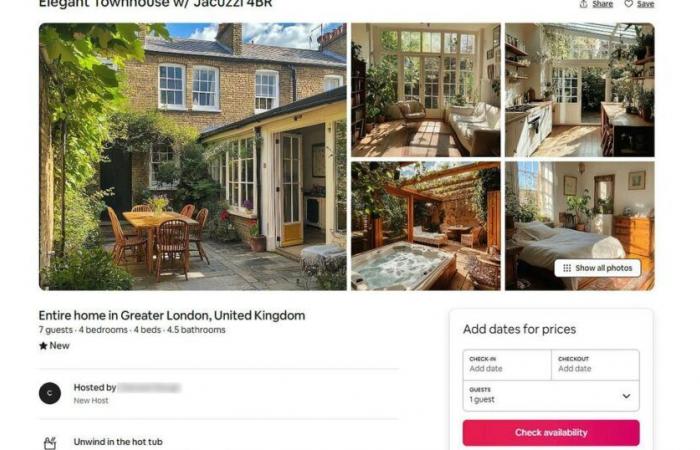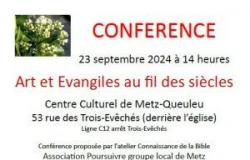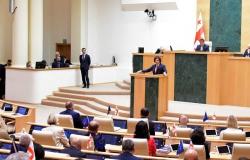How can you be sure that accommodation booked on Airbnb or Booking corresponds to the advertisement and photos published? The test of the show A Bon entendeur highlights non-existent prior checks and denunciations of scams without consequences for dishonest hosts.
In cities where hotels are expensive, such as London and its 20 million annual tourists, accommodation on rental platforms such as Airbnb or Booking.com is proliferating.
And scams have developed in parallel: testimonies from travelers denouncing non-existent accommodation, apartments that look nothing like the published photos or microscopic rooms are frequent.
However, rental agencies do not seem to detect these scams or, at least, do not act accordingly, in particular to protect themselves from this type of fraudulent practice.
A fake ad that went unnoticed
The RTS program A bon entendeur wanted to know if online platforms controlled the accommodation presented on their sites. To do this, the ABE editorial team created an ad from scratch using the Midjourney image creation software and wrote a very attractive description using the ChaptGPT text generator.
The advert read: “Four bedrooms, four bathrooms and a jacuzzi, in short a splendid mansion at a reasonable price in the heart of London.” It was published on four specialist sites: Airbnb, Booking.com, Vrbo and Agoda.
Airbnb verified the identity of the author of the advert and then published it 30 minutes later. On the Agoda and Vrbo side, they integrated it on their respective sites within a few hours, without checking. As for Booking.com, it sent a letter to the address of the accommodation for verification.
None of these specialized platforms have verified that the photos of this house were true and that the London mansion really existed. And in just a few hours, the ad became one of the most viewed in London. The ABE editorial team received rental requests worth around 30,000 francs.
Only the Vrbo platform was able to detect the trap and deleted the account 12 hours after the publication.
Airbnb’s inaction
A member of the ABE editorial team booked this mansion via the Airbnb ad and paid the requested 545 francs. On the evening of his theoretical arrival, he contacted the platform’s hotline explaining that he was at the right address, in front of a house that did not resemble the splendid accommodation in the ad.
He sent a photo of the real house to the platform and explained that the host was not answering calls. After two hours of checking, the Airbnb operator cancelled the reservation and refunded the full amount paid.
Despite this telephone report and the photo of the real house at this address, Airbnb did not undertake any checks with the host, nor did it impose any sanctions. This fake advert was reported a second time, a day later via the Airbnb form, without any more success.
A week later, the ad for this ghost mansion is still online and travelers can still request to book it. When contacted, the Airbnb press office also did not respond to requests from RTS.
“You never know which apartment you’re going to sleep in.”
Chris Bailey, a member of the NGO Action on Empty Homes, has been investigating abuses on holiday apartment rental sites in London for years.
“Some people create Airbnb empires,” he explains. “They rent out multiple apartments, often decorated in a similar way, in the same building and they put people anywhere. So you never know which apartment you’re going to sleep in. Sometimes the place doesn’t even exist.”
For this activist, the sector suffers from two problems. On the one hand, scammers rent out ghost apartments or apartments that do not match the descriptions. On the other hand, unscrupulous entrepreneurs put dozens of apartments up for rent.
>> Also read: Fake real estate ads: scammers are mainly active in French-speaking Switzerland
In any case, manipulated photos would be commonplace there. In an interview with the BBCBooking.com’s head of internet security Marnie Wilking estimates that travel scams of all kinds have increased by between 500% and 900% in 18 months, due in part to the ease of use of artificial intelligence.
Clément Bürge and Valérie Demierre





